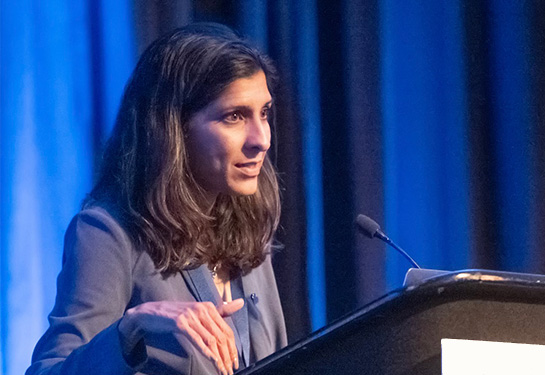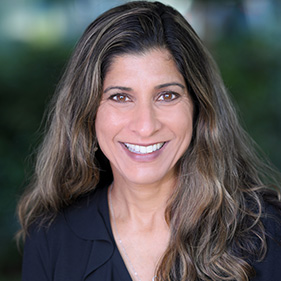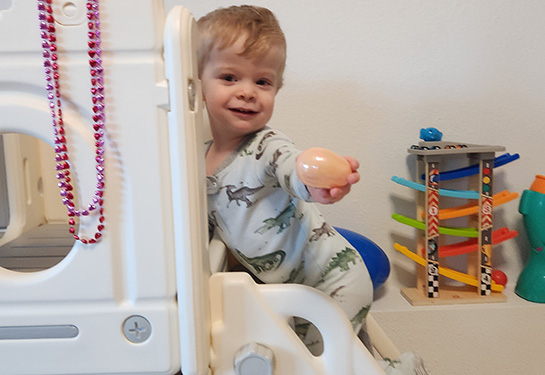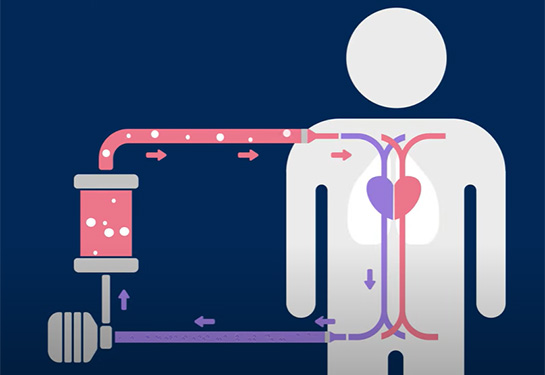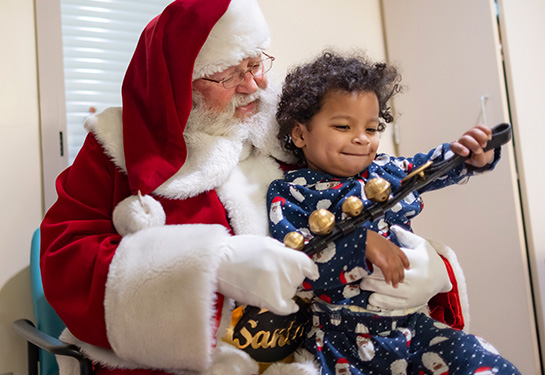What is personalized medicine for neurodevelopmental conditions?
MIND Institute lecture series to feature Shafali Jeste, chief of neurology at Children’s Hospital Los Angeles
A free lecture April 10 at the UC Davis MIND Institute will focus on leading-edge discoveries in personalized care for neurodevelopmental conditions. Pediatric neurologist Shafali Jeste, chief of the Division of Neurology at Children’s Hospital Los Angeles, will present on the topic as part of the highly regarded Distinguished Lecturer Series. Jeste is also co-director of the hospital’s Neurological Institute and professor of neurology and pediatrics at the Keck School of Medicine at USC.
In addition, she’s an avid marathoner and ran the New York City Marathon last November to support the Dup15q Alliance.
Jeste’s talk is titled “Baby Steps to Breakthroughs in Personalized Medicine for Neurodevelopmental Disabilities.” It will be held at 4:30 p.m. on Wednesday, April 10 at the MIND Institute, 2825 50th St., Sacramento, and is open to all.
In this Q&A, Jeste shares details about her upcoming talk and her research.
What is personalized medicine for autism and other neurodevelopmental conditions?
Personalized medicine means finding the right treatment, at the right time, for each individual child, and to do so in a way that is both accessible and affordable. We have not achieved this goal yet, but we are making some progress!
… I think through research, we can give families hope for the future. We can also find concrete, potentially effective interventions.”—Shafali Jeste, chair of the Division of Neurology, Children’s Hospital Los Angeles
What will you focus on in your lecture?
I will talk about the exciting discoveries in this area that have led to tremendous hope about both diagnoses and interventions. I’ll discuss advances in early detection and early intervention for neurodevelopmental disabilities. Using tools such as EEG, which measures the electrical activity in the brain, helps us to identify early changes in brain function.
I will also share the story of our behavioral intervention clinical trial in tuberous sclerosis complex, a rare genetic condition that causes benign tumors to grow in several parts of the body. It is also highly associated with autism and intellectual disability.
I will also talk about advances in treatments for genetically defined developmental conditions and the importance of studies that improve our ability to conduct clinical trials. This will include a discussion of Dup15q syndrome, where we’ve identified a biomarker that was used for a phase 2 clinical trial.
Most of this work is done in the KiNDD Lab, where I am a co-principal investigator.
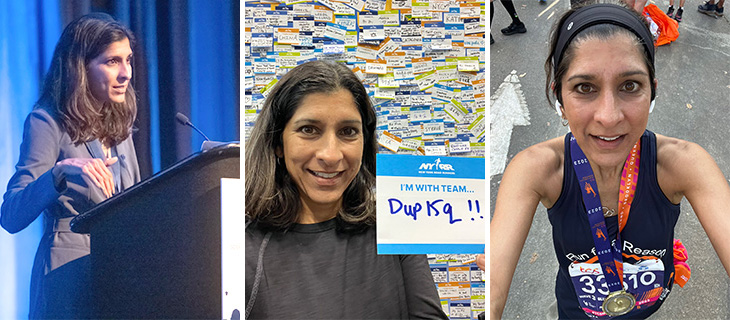
What sorts of breakthroughs have been made?
We are detecting neurodevelopmental conditions earlier in development, allowing for earlier intervention. We are also identifying genetic causes more routinely, and these genetic diagnoses inform targeted treatments.
Why did you choose to focus your research and clinical work in this area?
When: Wednesday, April 10 at 4:30 p.m.
Who: Shafali Jeste – Children’s Hospital Los Angeles
Talk Title: “Baby Steps to Breakthroughs in Personalized Medicine for Neurodevelopmental Disabilities”
Where: UC Davis MIND Institute Auditorium, 2825 50th St., Sacramento
All lectures are free and open to the public. No reservations are needed.
Seating is available on a first-come, first-served basis.
Presentations are intended for researchers, clinicians and community members.
View a map of the UC Davis Health campus
I am, at my core, a clinician, a child neurologist, and I take care of many patients with significant neurodevelopmental conditions. They have challenges in their daily living and quality of life and I think through research, we can give families hope for the future. We can also find concrete, potentially effective interventions.
What are you looking forward to during your visit to the UC Davis MIND Institute?
The MIND Institute has been a leader in neurodevelopmental conditions for decades, and they are the model for effective integration research with top-notch clinical care that is family centered. At Children’s Hospital Los Angeles, we are trying to more seamlessly bring research opportunities to our patients, especially those from under-resourced and underrepresented groups. I look forward to learning from experts at the MIND Institute. I also hope we can find some ways to directly collaborate in our efforts, especially in the genetically defined conditions.
The UC Davis MIND Institute in Sacramento, Calif. is a unique, interdisciplinary research, clinical, and education center committed to deepening scientific understanding of autism and other neurodevelopmental conditions. It is a highly collaborative center, bringing together families, researchers, clinicians, community leaders and volunteers with the common goal of developing more personalized, equitable, and scientifically proven systems of support and intervention. The institute has major research efforts in autism, fragile X syndrome, chromosome 22q11.2 deletion syndrome, attention-deficit/hyperactivity disorder (ADHD) and Down syndrome. More information about the institute and its Distinguished Lecturer Series, including previous presentations in this series, is available on the Web at mindinstitute.ucdavis.edu.


